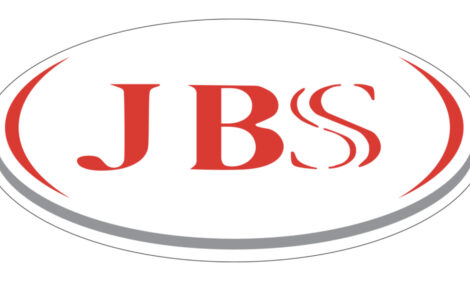



Wiesenhof Strengthens Commitment to Sustainability
GERMANY - The country's laregest poultry producer has become a partner of the German Center for Sustainable Leadership and a switch to green electricity saves the company 60,000 tonnes of carbon dioxide (CO2) a year.Wiesenhof has been a sponsor and partner of the Zentrum für Nachhaltige Unternehmensführung (ZNU) (Centre for Sustainable Leadership) at Witten/Herdecke University in Germany since December last year. With this partnership, Germany's largest poultry producer is further strengthening its commitment to sustainability and creating an important basis for fully meeting its social responsibilities in the future. Together with experts at the ZNU, Wiesenhof intends to develop a more targeted approach to its strategy on sustainability in its own company, raise awareness of this issue among its employees and take appropriate measures in terms of qualification. Other partners of the ZNU include food manufacturers such as Brandt, Costa, Dr Oetker and Ritter Sport, as well as specialist media and foundations. Witten-Herdecke is Germany's oldest private university.
A further step towards sustainability is the switch to green electricity. Since 1 January 2011, Wiesenhof has been obtaining 'clean' electricity, which is generated from water power and therefore 100 per cent carbon dioxide-free, from meistro Energie GmbH, Ingolstadt.
For Peter Wesjohann, chairman of the PHW Group, it was the ecological argument in particular that determined the choice of this electricity supplier.
He said: "As far as environmental and climate protection measures are concerned, we have already set a very high standard at Wiesenhof, but we still aim to become even more climate-friendly in the years to come. And the clean meistro electricity perfectly complements the measures we have implemented so far."
Carbon dioxide emissions cut by 60,000 tonnes
The change to meistro Energie GmbH will enable Wiesenhof to reduce its carbon dioxide emissions by nearly 60,000 tonnes per year. This amounts to approximately one-third of the total amount of carbon dioxide produced from electricity within the company, and is equivalent to the emissions from around 250,000 domestic flights over a distance of 800 kilometres. 5.3 million spruces would have to be planted to offset these quantities of carbon dioxide.
The switch to clean electricity is part of the sustainability strategy at Wiesenhof.
"We are the first company in the poultry sector to have the greenhouse gas emissions accumulating from the production of chicken meat calculated and certified," reports Peter Wesjohann.
The market leader in the segment for fresh and frozen poultry specialities had already begun reducing carbon dioxide emissions in its operating processes over the past few years. The roof surfaces on its farms and plants were fitted with photovoltaic modules. Wiesenhof also operates a biogas plant, using the by-products accumulating from poultry processing in abattoirs. The production waste provides the raw material for generating energy and heat, and supplies around 450 households with electricity. Even the company's lorry fleet runs on a self-produced biofuel made from poultry fat. This saves a further 74,000 tonnes of carbon dioxide a year. The change to a green electricity supplier was simply the next logical step towards a better environmental balance sheet.








